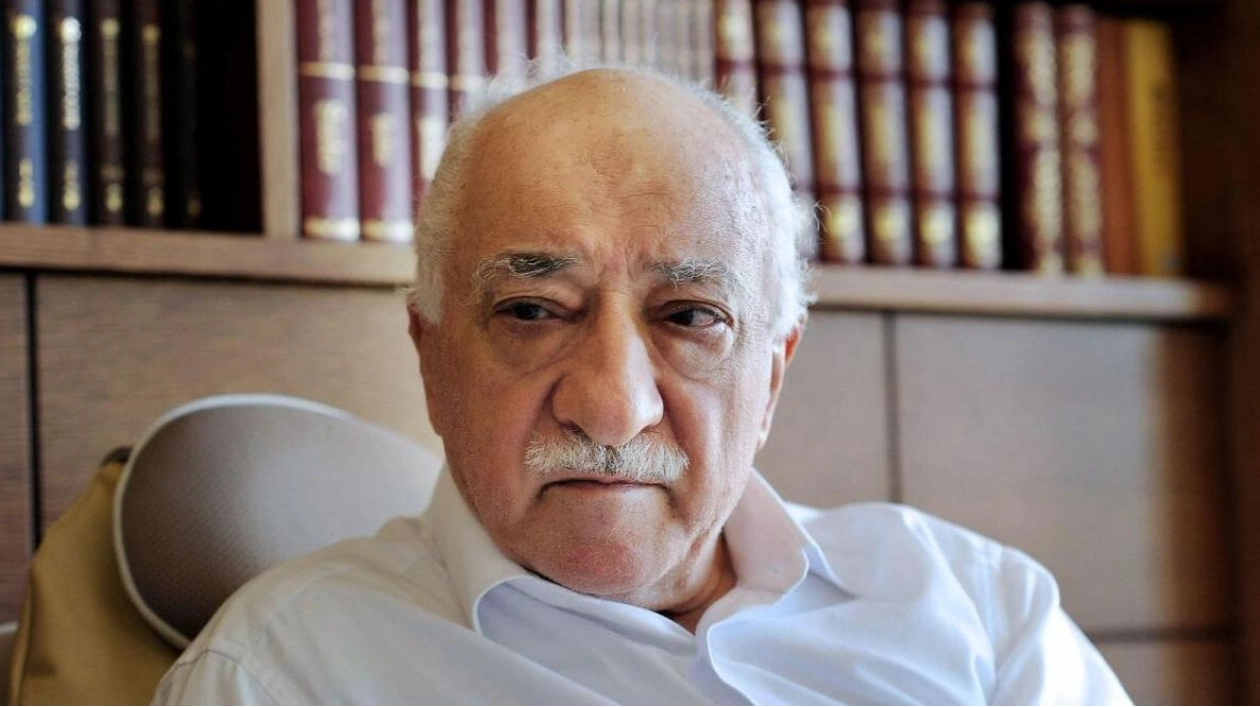Fethullah Gulen, a former ally of Recep Tayyip Erdogan, spent years evading Turkey's president, who accused him of orchestrating a failed 2016 coup. Gulen, who lived in the US, passed away in a hospital overnight, according to Turkish public television, citing sources close to the 83-year-old cleric. The leader of the influential Hizmet group became Erdogan's sworn enemy. The Turkish government accused Gulen of heading a 'terrorist' organization and organizing the 2016 attempt to overthrow the president. However, Gulen maintained that Hizmet, which means 'service' in Turkish, was merely a network of charitable organizations and businesses. Once allies, Erdogan benefited from Gulen's network to consolidate power after becoming prime minister in 2003. Tensions emerged in 2010 and escalated into full-blown enmity in 2013 when a corruption scandal hit Erdogan's inner circle. Erdogan blamed Gulen for orchestrating the graft probe through his supporters in the judiciary and police, making him 'public enemy number one'. Following the failed coup in July 2016, Erdogan intensified his accusations against Gulen, believing his former ally engineered the attempt. The authorities launched a crackdown on Gulen's supporters, prosecuting nearly 700,000 people and sentencing some 3,000 to life in prison. Over 125,000 public sector workers were dismissed or suspended, including 24,000 military personnel and thousands of judges. Private schools, media outlets, and publishing houses were shut down. Turkish intelligence conducted overseas raids in central Asia, Africa, and the Balkans to capture Gulen's suspected supporters. Born in the eastern Turkish province of Erzurum, Gulen's birth year is disputed, with public records stating 1941 and Gulen claiming 1938. Despite starting as 'just another imam in the 1970s', Gulen became the spiritual leader of a vast community with millions of supporters, according to researcher Bayram Balci. Supporters were present in all sectors of the economy, education, media, and administration. Described as similar to Catholic movements like the Jesuits and Opus Dei, Gulen's movement was often referred to as the 'FETO terrorist organization' by Turkish officials. Sometimes labeled a 'sect', members were known to support each other in business and contribute time or money. Gulen moved to Pennsylvania in 1999 for health reasons and lived a reclusive life in exile despite Turkey's attempts to extradite him.
Source link: https://www.khaleejtimes.com






